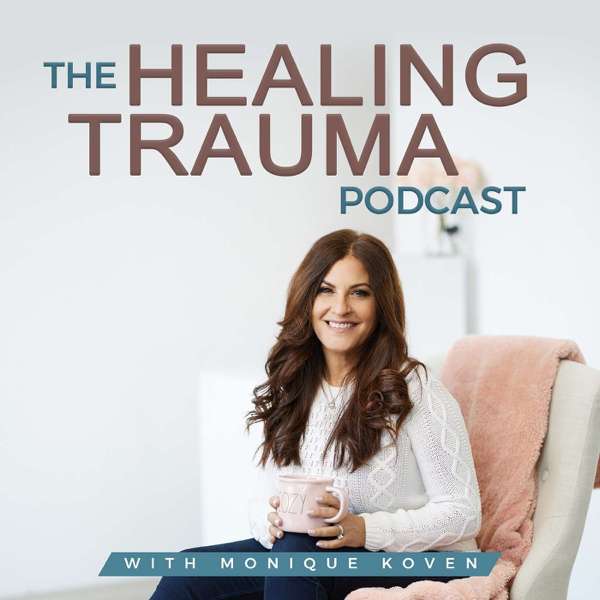Dr. Chris Huff is joined by Dr. Matthew Nagra for a grounded discussion on nutrition that stays rooted in physiology and long-term outcomes, not online trends.
They begin by clarifying what “plant-based” means and why diets centered on plant foods consistently improve cardiovascular risk, particularly through the lowering of LDL cholesterol and ApoB, largely due to increased intake of PUFA, MUFA, and fiber.
The conversation then addresses protein intake — one of the most common objections to plant-based eating. Dr. Nagra breaks down how much protein people actually need, why extremely high intakes are rarely necessary, and why muscle mass and strength can be maintained or built on plant protein when intake is adequate.
They also examine commonly misunderstood topics including soy and hormones, the meaning of “ultra-processed,” and the backlash against seed oils. Rather than treating foods as good or bad based on labels, the discussion focuses on fat type, context, and replacement effects in the diet.
From a cardiology perspective, Dr. Huff raises concerns about popular carnivore and very low-carbohydrate diets, particularly the sustained elevations in LDLc and ApoB seen in some individuals — even those who appear metabolically healthy. The episode explains why short-term improvements or “feeling better” do not always reflect long-term cardiovascular safety.
This episode offers a framework for evaluating nutrition claims using evidence and physiology instead of fear, extremes, or social media narratives.
—
This episode is sponsored by Lightstone DIRECT. Lightstone DIRECT invites you to partner with a $12B AUM real estate institution as you grow your portfolio. Access the same single-asset multifamily and industrial deals Lightstone pursues with its own capital – Lightstone co-invests a minimum of 20% in each deal alongside individual investors like you. You’re an institution. Time to invest like one.
—
What Listeners Will Learn
- What plant-based eating means in scientific research
- Why plant-predominant diets are linked to lower cardiovascular risk
- How much protein is actually needed for health and muscle maintenance
- Whether plant proteins can support strength and lean mass
- Why soy does not increase estrogen levels in men or women
- How to think about processed vs ultra-processed foods
- Why seed oils are not the cardiovascular threat they’re often portrayed to be
- Why elevated LDL and ApoB matter, even in “metabolically healthy” people
Key Takeaway
Most nutrition confusion comes from taking short-term observations and turning them into absolute rules. Long-term evidence consistently favors diets built around whole plant foods, fiber, and unsaturated fats.
ABOUT THE GUEST
Dr. Matthew Nagra is a Naturopathic Doctor based in Vancouver whose work centers on bringing clear, evidence-based nutrition information to the public. He is known for translating complex nutrition science into practical, understandable guidance through his clinical practice, social media presence, presentations, and scientific publications.
He has contributed to several nutrition textbooks, including Springer Nature’s Handbook of Public Health Nutrition. Dr. Nagra is also involved as a nutrition science advisor for the upcoming documentary The Game Changers 2. His mission is to correct misinformation and help people make confident, informed choices about their health.
Instagram: https://www.instagram.com/dr.matthewnagra
Springer Nature – Handbook of Public Health Nutrition: https://link.springer.com/rwe/10.1007/978-3-031-32047-7_163-1
The Game Changers 2 (upcoming documentary): https://gamechangersmovie.com
References
Satija A, Bhupathiraju SN, Rimm EB, et al. (2017).
Healthful and unhealthful plant-based diets and the risk of coronary heart disease. Journal of the American College of Cardiology, 70(4), 411–422.
https://doi.org/10.1016/j.jacc.2016.10.086
Kim H, Caulfield LE, Garcia-Larsen V, Steffen LM, Coresh J, Rebholz CM. (2020).
Plant-based diets and incident cardiovascular disease: A population-based prospective cohort study. Journal of the American Heart Association, 9(11), e012865.
https://doi.org/10.1161/JAHA.119.012865
Nagra M, Tran A, Kurniasari R, et al. (2024).
Animal- vs plant-based meat: A hearty debate. Canadian Journal of Cardiology, 40(7), 1198–1209.
https://onlinecjc.ca/article/S0828-282X(23)01882-2/abstract
Morton RW, Murphy KT, McKellar SR, et al. (2018).
Protein intake to maximize resistance training–induced gains in muscle mass: A systematic review and meta-analysis. British Journal of Sports Medicine, 52(6), 376–384.
https://bjsm.bmj.com/content/52/6/376
Monteyne AJ, Coelho MO, Porter C, et al. (2018).
Mycoprotein ingestion supports muscle protein synthesis. American Journal of Clinical Nutrition, 108(6), 1231–1239.
https://academic.oup.com/ajcn/article/108/6/1231/5153349
Reed KE, Camacho SM, Hermann JR, et al. (2010).
Neither soy nor isoflavone intake affects male reproductive hormones: A meta-analysis. Fertility and Sterility, 94(3), 997–1007.
https://www.fertstert.org/article/S0015-0282(10)00311-7/fulltext
Chen Z, Khandpur N, Desjardins C, et al. (2023).
Ultra-processed food consumption and risk of type 2 diabetes: Three large prospective U.S. cohort studies. Diabetes Care, 46(7), 1335–1344.
https://doi.org/10.2337/dc22-1993
https://pubmed.ncbi.nlm.nih.gov/36854188/
Crimarco A, Springfield S, Petlura C, et al. (2020).
A randomized crossover trial comparing plant-based and animal-based meat on TMAO and cardiovascular risk factors (SWAP-MEAT). American Journal of Clinical Nutrition, 112(5), 1188–1199.
https://doi.org/10.1093/ajcn/nqaa203
https://pubmed.ncbi.nlm.nih.gov/32780794/
Farvid MS, Ding M, Pan A, et al. (2014).
Dietary linoleic acid and risk of coronary heart disease. Circulation, 130(18), 1568–1578.
https://doi.org/10.1161/CIRCULATIONAHA.114.010236
Let’s Connect:
Work with Dr. Chris Huff: Premier Cardiovascular Health
Facebook: https://www.facebook.com/chris.huff.9480
Instagram: @hufcm
Disclaimer: The information provided in this podcast is for educational and informational purposes only and is not intended as medical advice. Always consult with a qualified healthcare provider before making any decisions about your health or medical treatment.

 Our TOPPODCAST Picks
Our TOPPODCAST Picks  Stay Connected
Stay Connected







